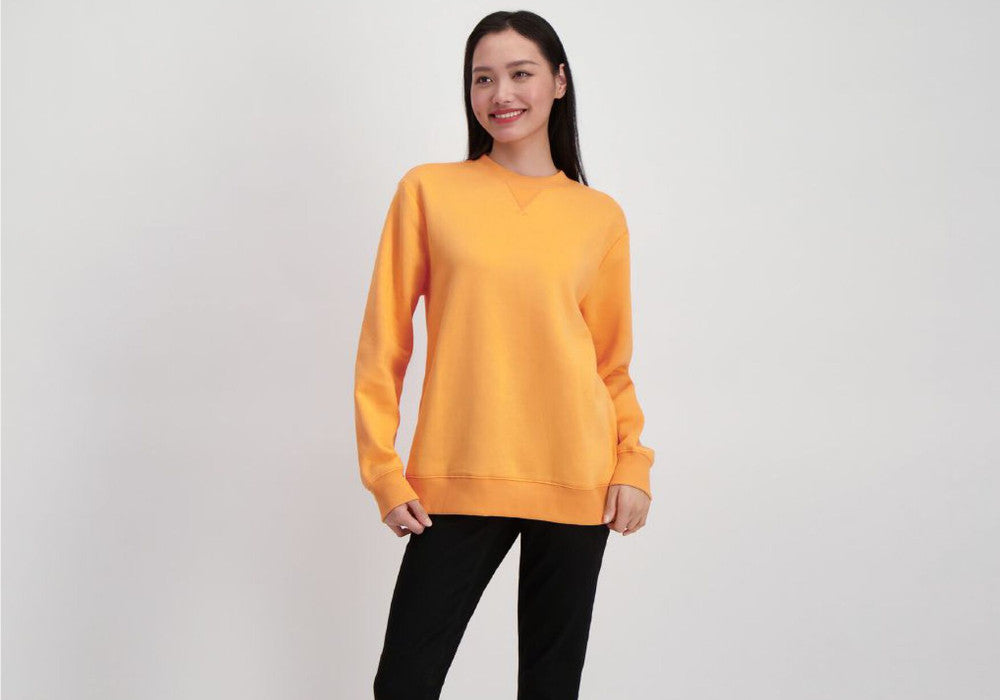
The Warehouse is a fashion retailer founded in 1982 in New Zealand by Sir Stephen Tindall. The clothing-retail company creates affordable apparel for men, women, and children.
The Warehouse makes clothing, accessories, shoes, swimwear, beauty, and perfumes. The Warehouse Group is the largest retail group operating in New Zealand. It owns other brands, including Torpedo7, TheMarket, and more.
The Warehouse operates more than 260 stores and 12,000 employees across its locations, retail stores, and distribution centers. It aims to build New Zealand's most sustainable, convenient and customer-first company.
The Warehouse represents its commitment to better living for all New Zealanders through sustainable retail products and practices. It was New Zealand's first large company and the third major retailer in the world to go carbon neutral.
Panaprium is independent and reader supported. If you buy something through our link, we may earn a commission. If you can, please support us on a monthly basis. It takes less than a minute to set up, and you will be making a big impact every single month. Thank you!
Sustainability Rating: 7/10
Rating FAQ
Category: Clothing, accessories, shoes, bags, jewelry
For: Women, men, children
Type: Basics, denim, dresses, knitwear, activewear, underwear, loungewear, swimwear, outerwear, sleepwear, maternity
Style: Casual
Quality: Low
Prices: $
Sizes: XS-2XL, 4-14 (US), 6-16 (UK), 36-44 (EU), 8-18 (AU), plus
Fabrics: Cotton, linen, hemp, jute, lyocell, modal, viscose, acetate, polyester, nylon, spandex, polyethylene, polypropylene, acrylic, neoprene, polyurethane, rubber, leather, wool, silk, down
100% Organic: No
100% Vegan: No
Ethical & Fair: Yes
Recycling: Yes
Producing countries: Australia, Belgium, Canada, China, Bangladesh, France, Germany, India, Indonesia, Italy, Malaysia, New Zealand, Pakistan, Poland, Switzerland, Thailand, United States, United Kingdom, Vietnam
Certifications: BCI, OCS, GRS, RCS, FSC, Sedex, SMETA, BSCI, WRAP
Sustainability Practices
The Warehouse takes wide-ranging measures to protect biodiversity, reduce its consumption of water, energy, and other resources, avoid waste, and combat climate change.
It wants to be better and more efficient by looking at every aspect of its value chain to ensure the healthy functioning of our planet. However, the majority of its business remains detrimental to the environment.
The Warehouse only uses a tiny proportion of organic materials such as organic cotton or recycled materials such as recycled polyester.
Most of the fabrics it uses are either natural without relevant certifications, such as regular cotton or linen, or synthetic petroleum-based fibers such as polyester, nylon, acrylic, and more.
The Warehouse also uses a small proportion of semi-synthetic fibers or regenerated cellulosic fabrics such as Tencel lyocell, modal, acetate, and viscose.
Tencel is an eco-friendly fiber made with wood pulp from certified sustainable forests. But only a tiny proportion of the materials used by The Warehouse are environmentally friendly and sustainable.
The Warehouse publishes a list of all its manufacturers and processing facilities on its corporate website. It aims to make good things happen and ensure worker rights in regard to health and safety, working hours, wages and benefits.
The 2022 Fashion Transparency Index gave The Warehouse a score of 25% based on how much the group discloses about its social and environmental policies, practices, and impacts.
The Warehouse manufactures its clothes in many East Asian countries, where human rights and labor law violations happen every day.
The clothing retailer does show some labor certification standards that could ensure good working conditions, decent living wages, health, safety, and other crucial rights for workers in its supply chain.
The Warehouse assesses social compliance through informal visits or third-party audits with or without notice. It takes seriously its responsibility to maintain labor and environmental standards in its supply chain.
The Warehouse doesn't use exotic animal skin, hair, fur, or angora. But it uses leather, wool, silk, and down feathers to manufacture many of its clothing pieces.
These animal-derived materials are cruel and unethical. They also harm the environment by producing greenhouse gases and waste. More sustainable alternatives exist.
Sustainability Goals
The Warehouse has committed to taking ambitious action to make sustainable living easy and affordable for everyone. It wants to enable sustainable living solutions that help its customers live a healthy, low-carbon lifestyle.
The Warehouse plans to reach zero emissions in its operational emissions (Scope 1 & Scope 2) by 2040. It targets an 80% reduction of its Scope 3 emissions covering its upstream product suppliers and shipping and transportation by 2040.
The Warehouse will achieve 100% of its private label products and packaging to be sustainable or have a circularity solution by 2035. It also plans to increase its sales of energy and water- efficient products by 50% by 2025.
The Warehouse aims to increase the share of private label sales from sustainable products, or products with circularity solutions to 50% by 2025 and 100% by 2035.
The Warehouse will enable 2.5 million customers to use its waste recycling or circular reuse solutions by 2030. It plans to become a zero-waste status organization by 2025.
Buy Here
Discover The Warehouse's sustainable collections at TheWarehouse.co.nz.
Reviews And Experiences With The Warehouse
Have you had (good) experiences with shopping at or the products of The Warehouse? Then leave us your rating below.
What We're Up Against
Multinational corporations overproducing cheap products in the poorest countries.
Huge factories with sweatshop-like conditions underpaying workers.
Media conglomerates promoting unethical, unsustainable products.
Bad actors encouraging overconsumption through oblivious behavior.
- - - -
Thankfully, we've got our supporters, including you.
Panaprium is funded by readers like you who want to join us in our mission to make the world entirely sustainable.
If you can, please support us on a monthly basis. It takes less than a minute to set up, and you will be making a big impact every single month. Thank you.






























0 comments